Did you know that winter vegetables aren’t planted in winter, they’re planted in summer? Certain vegetable crops may need 6 weeks to a few months to grow from seed, such as cauliflower, cabbage, carrots, broccoli, collards, Brussels sprouts, and leeks. Now is also a good time to start mustard greens, beets, kale, spinach and herbs like cilantro and parsley.
Winter Vegetables- Plant from Seed
Winter vegetable seeds can be planted directly outside. Follow the directions for seed depth, seed spacing and row spacing on the package. For root vegetables, you may want to sprinkle them in the row instead of spacing them out. You’ll need to thin later, read about that in Gardening 101:Seeds
Winter Vegetables- Plant from Transplant
If you don’t have time to start your winter garden now, there’s no rush. You can wait until early fall and purchase transplants at your local garden center.
Watering and Soil Type
To help keep soil moist in summer, place cardboard over the top of the rows while seeds germinate. Examine the days-to-germination on the package and make sure to check underneath the cardboard and remove it when needed.
It’s helpful to know your soil type to know how frequently to water. Visit Gardening 101: Soil Preparation to learn about soil. If you’re a new gardener or a gardener that could use a refresher on watering,read Gardening 101: Watering.
Pests-Weeds
Weeds compete with plants for water, nutrients and light. Make sure to remove any and all weeds as they appear. Don’t let even a few weeds grow as they can take over your garden in a very short period of time (I speak from experience). Use hand tools or hoes and hula hoes to remove weeds when the soil is slightly moist.
Pests-Insects
If you plant it, they will come. Unfortunately, once you plant a garden, bugs go on yelp and give your restaurant (garden) five stars along with details on where to find this new, free, all-you-can-eat buffet with delicious sides and desserts! Plus, some insects blend in so you don’t even know they’ve arrived until you notice munched leaves or wilted plants. Knock insects into a bucket of warm, soapy water.
Pests-Diseases
Diseases are tricky to diagnose and in some cases, impossible. The best way to avoid diseases is to keep plants healthy by watering correctly. If your plant does develop a disease, take a good-sized sample to a certified local nursery person or a master gardener.
Pests-Animals
Animal pests are very frustrating to deal with, especially since they can eat your entire garden in a short period of time. It’s a battle of wits and who can be the cleverest or who goes insane first (usually the gardener). Once you identify the pest, visit your local nursery and ask about solutions. Don’t be fooled by easy fixes. Unfortunately the only way to keep animals out of your garden is to exclude them with barriers or kill them outright.
Pests-Abiotic Problems
Abiotic problems are caused by non-living factors like weather, mineral deficiencies or practices done by humans like over-fertilizing or spraying pesticides too close to plants. I always found it ironic that humans don’t get blamed for the last part. I think there should be a “human-pest problem” category for that one.
To determine if an abiotic problem happened, use your skills of observation. Was there a wind or hail storm that beat up your plants? Did you spill fertilizer? Have your neighbors sprayed pesticides on a windy day? Does your area have a known mineral deficiency or overabundance of a specific mineral?
Even though there are a lot of things you need to know to be a successful vegetable gardener, don’t get discouraged! Start small and take “baby steps.” Just plant a few things that you like to eat so you don’t feel overwhelmed.
If you start your seeds for your winter garden, I’d love to hear about it! What are you planting, which varieties and why? Please post a comment and start a conversation about winter vegetables!
Learn more about weeds, insects, diseases, animal pests and abiotic factors in the following articles:
Plant Problems: Weeds
You can read more about diseases at Plant Problems: Diseases
Learn more about insects from Plant Problems: Insect Pests
Read more about animal pests in Plant Problems: Animal Pests
Learn more on abiotic plant problems from Plant Problems: Abiotic Problems.
*FYI: winter squash are planted in summer. They are called winter squash because they can last for months once cured.
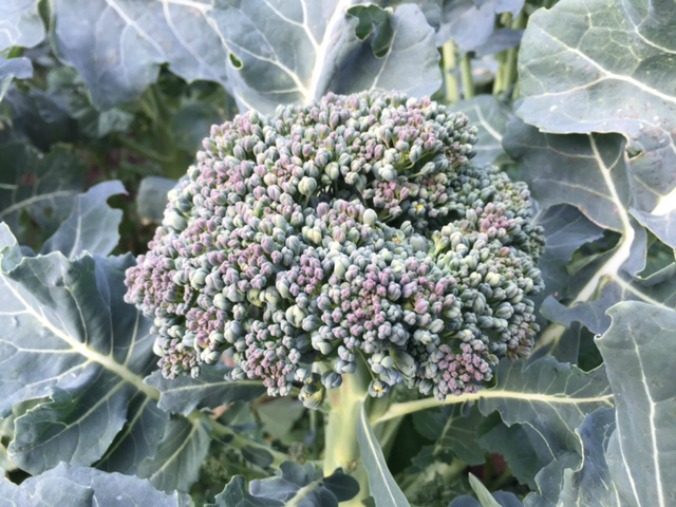
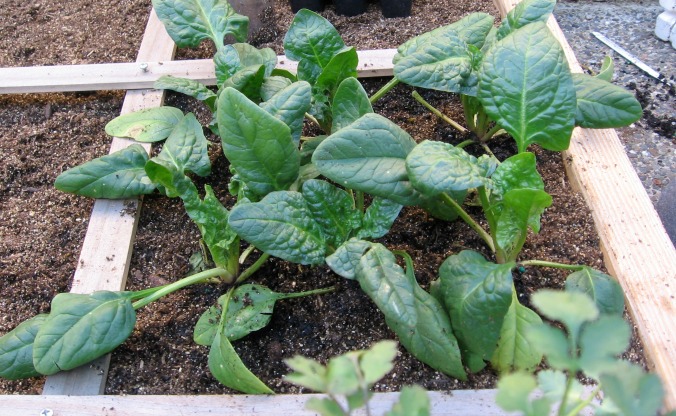
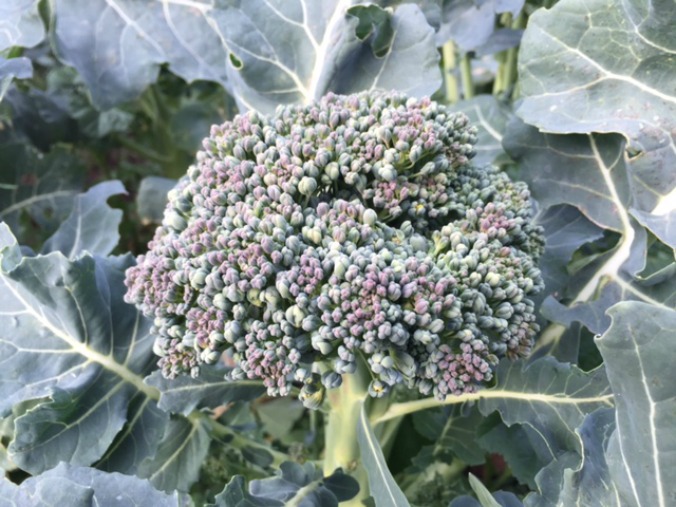
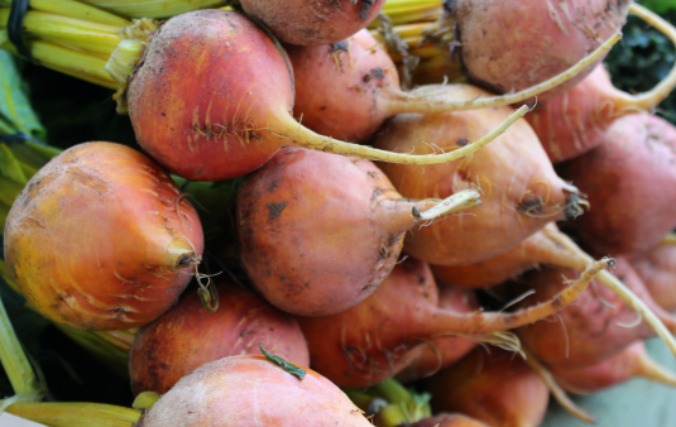
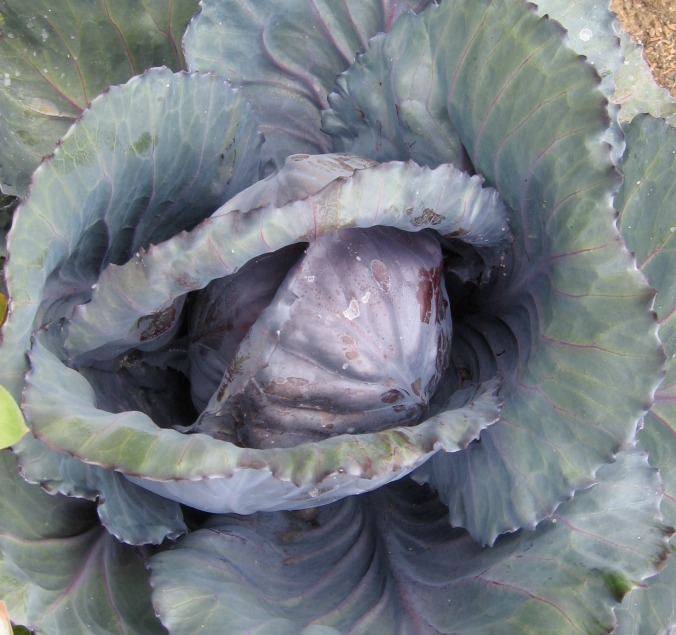
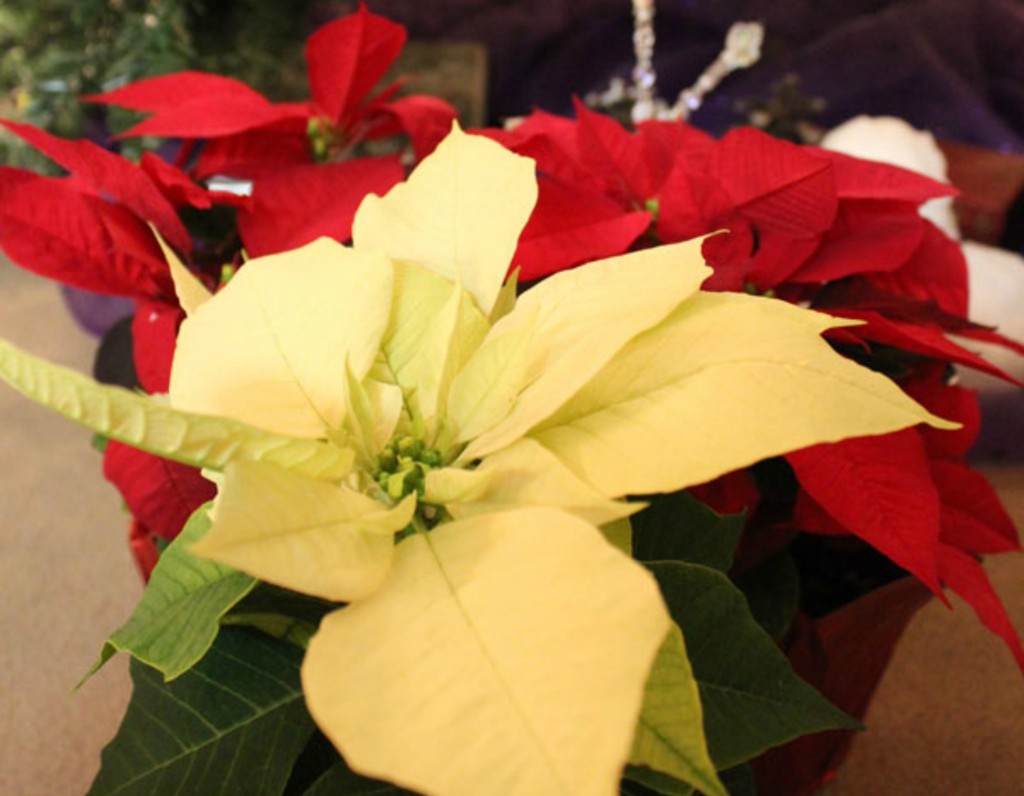

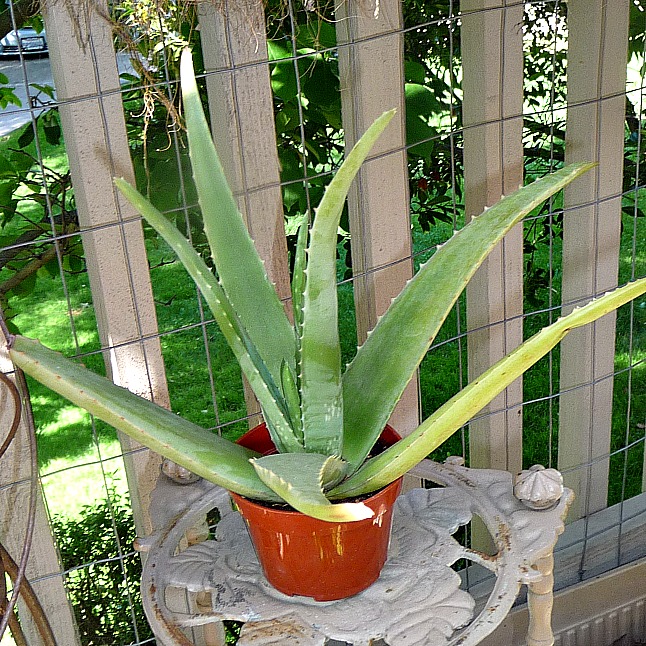
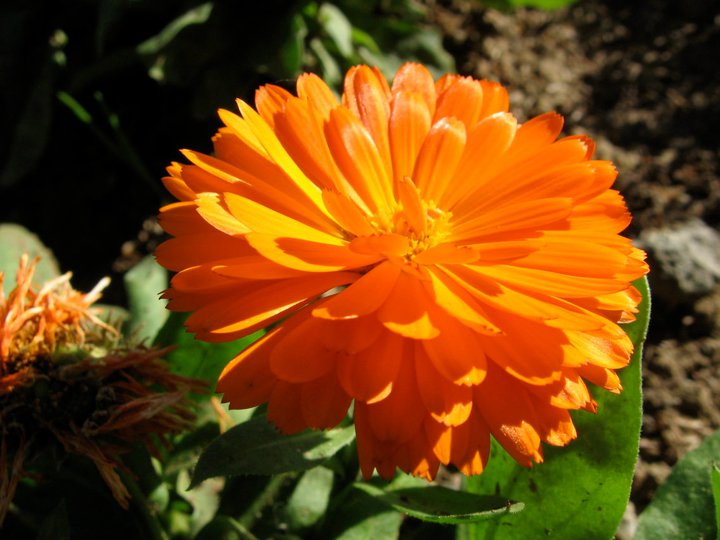
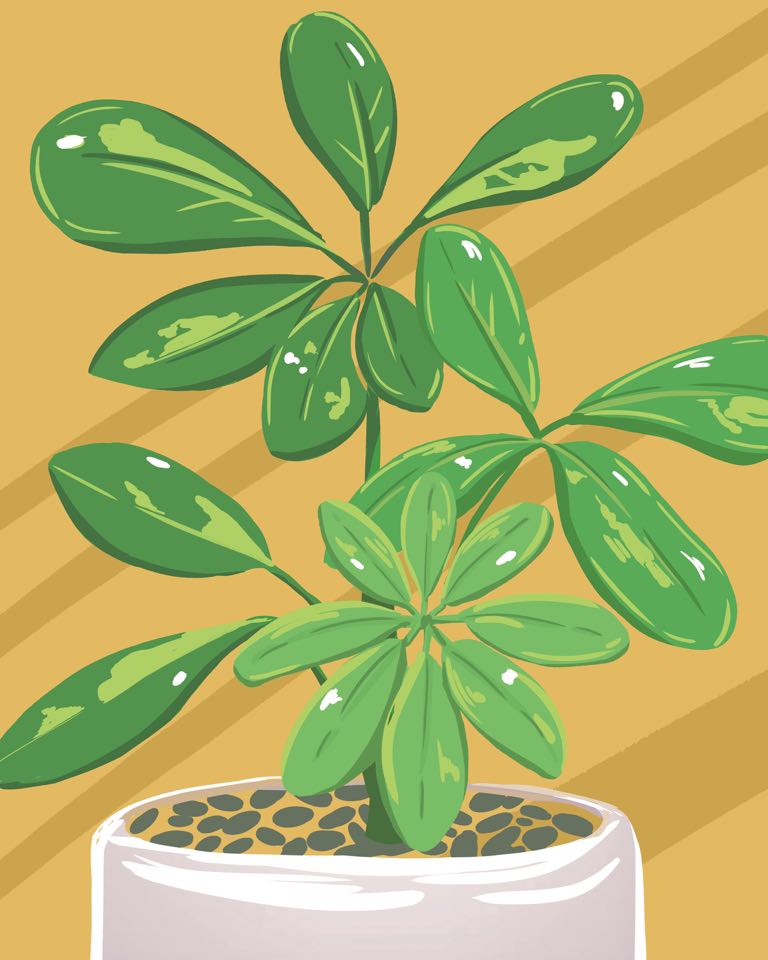
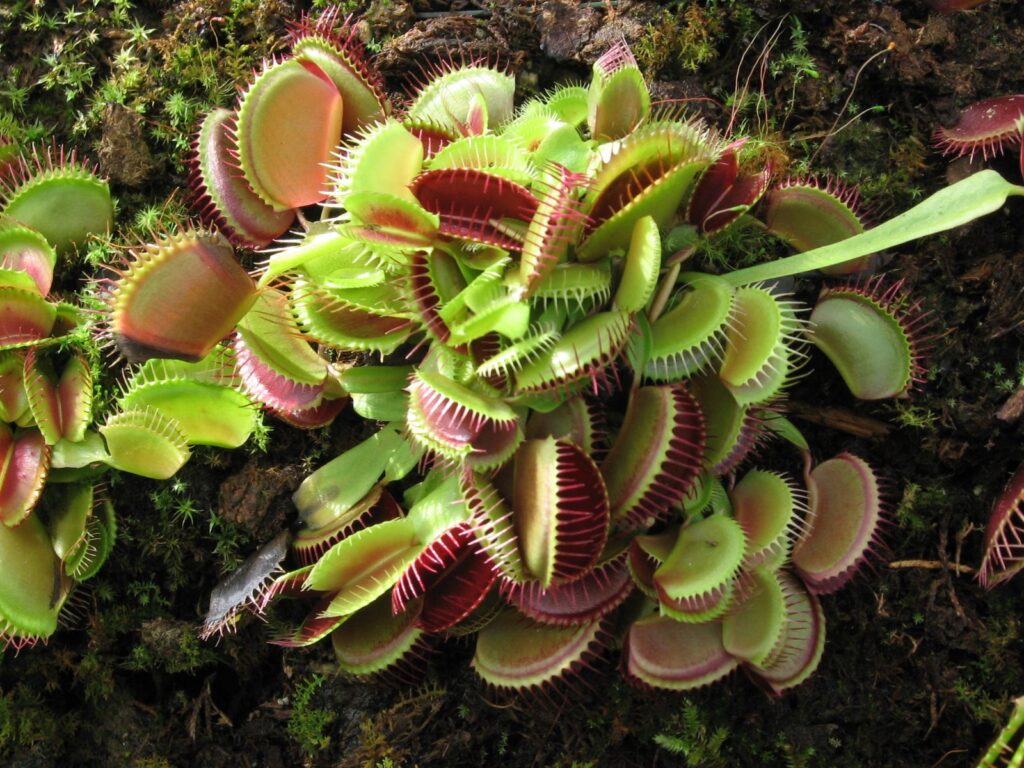
Leave a Reply